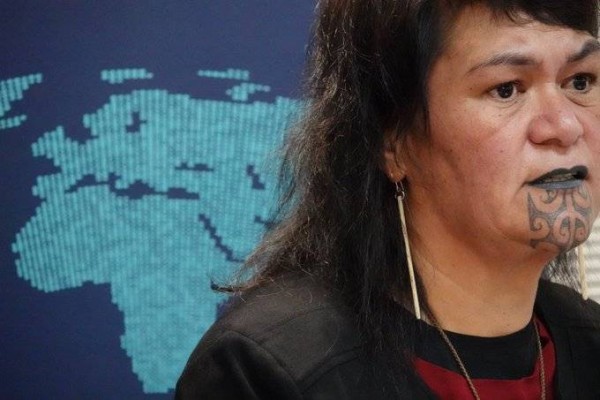The mounting costs of space stations and junk
China and Russia defy attempts for international accord.
Space junk is becoming a serious problem.
China and Russia defy attempts for international accord.
Space junk is becoming a serious problem.
The accumulation of space junk and other potentially hazardous objects could be another victim of big-power rivalry that has pushed up energy prices and threatens geo-political stability.
Already, Russia is planning to pull out of the International Space Station and go it alone in the wake of western opposition to its invasion of Ukraine. Meanwhile, China, which is building its own space station, is refusing to give advance knowledge of booster rockets that head back to Earth.
In the latest incident, NASA, the US space agency, accused the Chinese of irresponsible and risky behaviour by failing to share knowledge of a rocket’s descent last weekend.
“All spacefaring nations should follow established best practices and do their part to share this type of information in advance to allow reliable predictions of potential debris impact risk, especially for heavy-lift vehicles, like the Long March 5B, which carry a significant risk of loss of life and property,” NASA administrator Bill Nelson said in a statement.
“Doing so is critical to the responsible use of space and to ensure the safety of people here on Earth.”
Subsequently, the rocket, which launched the second of three modules needed for the Chinese space station, sprayed debris over the Indian and Pacific oceans as it partially burnt up in the atmosphere.
Controlled re-entry
Unlike many modern rockets, including the SpaceX Falcon 9 and Rocket Lab's Electron, the Long March 5B can’t reignite its engine to complete a controlled atmospheric re-entry.
A recent Otago Foreign Policy School heard from experts on the space junk problem, and the refusal of some countries to abide by international treaties.

Nanaia Mahuta at the Otago Foreign Policy School. Photo: Peter Grace.
Foreign Affairs Minister Nanaia Mahuta announced in her address that New Zealand had signed up to a US declaration that it would not conduct destructive direct-ascent anti-satellite missile tests; that is, rockets launched from Earth to intercept satellites in orbit.
She described as irresponsible a Russian test last November that created 1500 pieces of trackable debris, which resulted in astronauts aboard the International Space State being advised to take shelter in their docked capsules in case of a collision.
Professor Dale Stephens, director of the Adelaide-based research unit on military law and ethics, said China and Russia took a weaponised view of space that was at odds with the Outer Space Treaty (OST).
The Woomera Manual, a guide for military law in space, was coming next year but major space nations, not just China and Russia but the US and India, had not consulted with other countries before they made anti-satellite tests.
Possible breach
This was a possible breach of the OST’s article 9. Discussions behind closed doors were clearly about how the treaty was flouted but not in open sessions.
“Countries want to nail their colours to the mast,” he said, urging that the Woomera Manual be less about what experts would like and more of a guide to what countries do and say.
An insurance expert, Cristopher Kuntstadter, of French company AXA, outlined the risks identified in the Kesler syndrome. This is a scenario that attempts to measure the chances of satellite debris colliding with each other as the density of objects in low earth orbit increases.
Items smaller than 10cm cannot be tracked and latest figures, quoted by leading astronomer and Emeritus Professor John Hearnshaw, of the University of Canterbury, showed 100 million pieces of debris orbiting the Earth along with 6000 satellites.

Ministry of Foreign Affairs & Trade space expert Michael Gaskin. Photo: Peter Grace.
Michael Gaskin, of MFAT, spoke of the difficulties in reaching an international accord on these issues and in answer to a question said no binding agreement was likely.
Instead, countries such as New Zealand had to promote rules and principles for good behaviour, call out examples such as the Russian one quoted by Mahuta, and try to impose costs on the guilty parties.
Meanwhile, Russia’s intention to build its own space station may mirror China’s one, which is run by the military and the reason why it is excluded from the ISS. But Russia and its space agency Roscosmos cannot easily pull out of its ISS commitments, as it controls the hardware to operate it.
NASA is hoping the ISS can continue to operate until 2030, by which time privately run space stations will be in low-Earth orbit. Other commentators have cast doubts on whether Russia, already heavily burdened with the costs of the war in Ukraine, can fund or justify the billions of dollars to establish its own space station.
Apart from the US and Russia, the ISS is run in collaboration with Japan, Canada and the 11 member countries of the European Space Agency.
Sign up to get the latest stories and insights delivered to your inbox – free, every day.